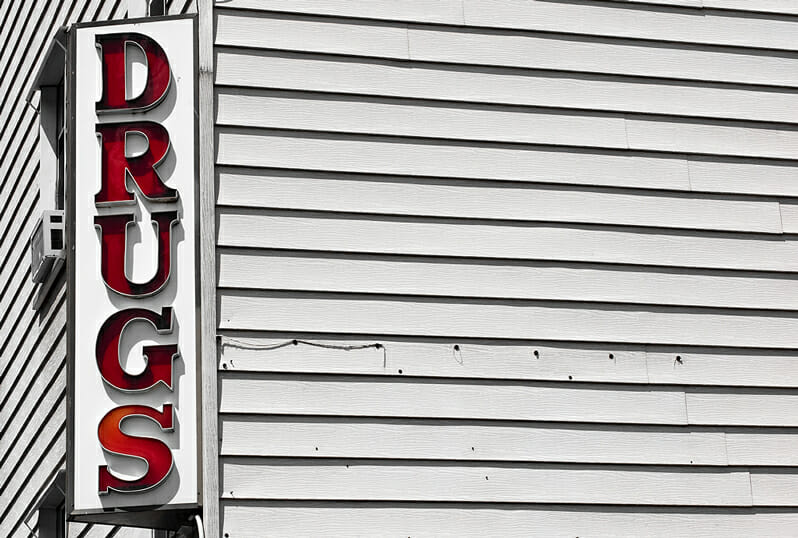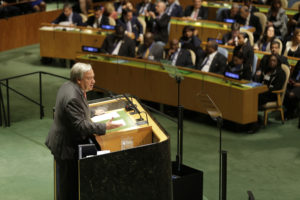Here’s Why the U.N. and WHO Both Want to Decriminalize Drugs
It started with a little country called Portugal, which in 2001 opted to treat possession and use of small quantities of drugs as a public health issue, not a criminal one. Baptiste Pons / CC BY-NC-ND 2.0
Baptiste Pons / CC BY-NC-ND 2.0
It all started with a little country called Portugal. The Southern European nation experimented with decriminalizing drugs for personal use several years back. The success the Portuguese efforts have had in decreasing both drug overdoses and the spread of HIV among drug users recently served as inspiration for the United Nations and the World Health Organization to call for other nations to do the same.
The move has a lot to do with the U.N. secretary-general post now being held by former Portuguese Prime Minister António Guterres, who was in office in Portugal when his country set its landmark program in motion.
From The Independent:
Buried in a joint release on ending healthcare discrimination, the [UN and WHO] called for the “reviewing and repealing punitive laws that have been proven to have negative health outcomes” by member states. … But last month, on the International Day Against Drug Abuse, UN Secretary General António Guterres called for tackling [drug problems] through “prevention and treatment,” adhering to human rights. He said: “Despite the risks and challenges inherent in tackling this global problem, I hope and believe we are on the right path, and that together we can implement a coordinated, balanced and comprehensive approach that leads to sustainable solutions. …” But the illegal drugs trade is a complex international issue. Executive Director of the UN Office on Drugs and Crime, Yury Fedotov, used his statement for the day to highlight the challenges posed by narcotics.
— Posted by Natasha Hakimi Zapata
Your support matters…Independent journalism is under threat and overshadowed by heavily funded mainstream media.
You can help level the playing field. Become a member.
Your tax-deductible contribution keeps us digging beneath the headlines to give you thought-provoking, investigative reporting and analysis that unearths what's really happening- without compromise.
Give today to support our courageous, independent journalists.






You need to be a supporter to comment.
There are currently no responses to this article.
Be the first to respond.